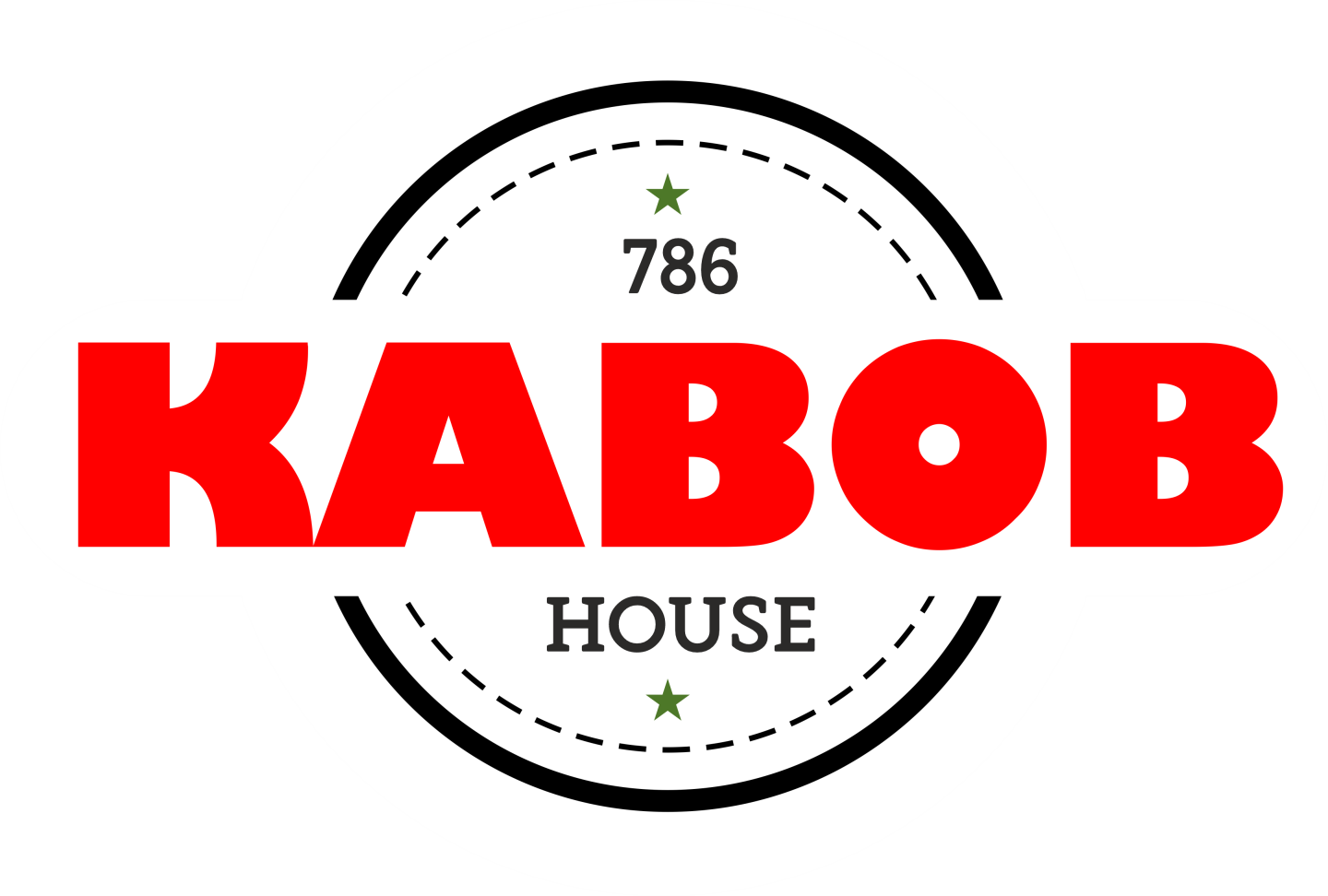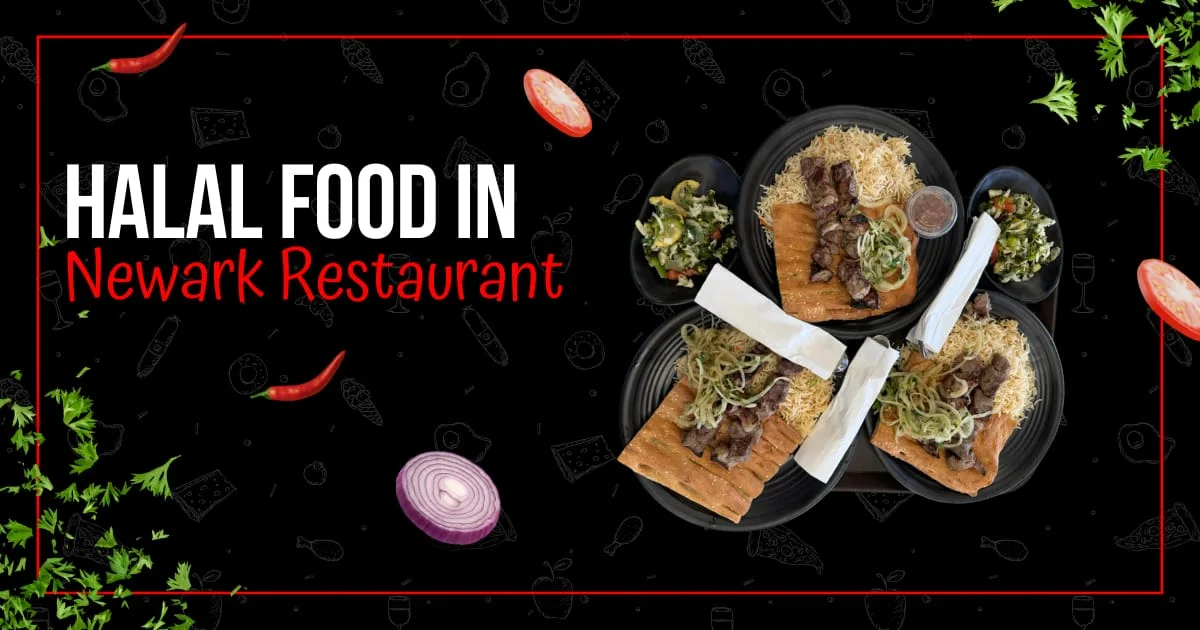Subtotal: $318.00
Top 5 Reasons Why Halal Food is Gaining Popularity in the U.S.
Over the past decade, the culinary landscape of the United States has experienced a remarkable shift, with halal food rapidly making its way into mainstream dining. Once confined to select ethnic neighborhoods and specialty restaurants, halal cuisine is now found in food trucks, grocery store aisles, fast-casual chains, and upscale eateries across the country. This growing trend is not just limited to the Muslim population; people of all backgrounds are increasingly opting for halal-certified options. But what is driving this surge in demand? Below, we explore the top five reasons why halal food is becoming increasingly popular in the U.S.
1. Rising Awareness of Ethical Eating and Food Transparency
Today’s consumers are more informed and conscious about the food they eat than ever before. Whether it's due to health, environmental, or moral concerns, there is a growing demand for transparency in food sourcing and processing. Halal food, by definition, must adhere to specific guidelines that emphasize cleanliness, humane animal treatment, and thorough inspection of food items.
For meat to be certified halal, animals must be healthy at the time of slaughter, and the process must be conducted in a humane and hygienic manner. This meticulous attention to ethical standards resonates with many non-Muslim consumers who are seeking cleaner and more humane alternatives to conventional meat. The emphasis on hygiene and purity, along with the clear labeling of halal-certified products, has made it easier for consumers to trust what they are eating.
2. Health-Conscious Consumers Embracing Cleaner Diets
Halal food is often perceived as being fresher, more natural, and less processed compared to conventional food. Many people believe that halal meat tastes better and is of higher quality due to the method of slaughter and the emphasis on draining blood from the animal, which some believe leads to cleaner and safer meat.
Moreover, halal certification often prohibits the use of certain additives, preservatives, and synthetic ingredients that health-conscious consumers try to avoid. For instance, pork and its by-products, which are commonly used in gelatin and processed foods, are strictly forbidden in halal diets. As a result, halal-certified food appeals to vegetarians, vegans, and individuals with dietary restrictions or allergies, who appreciate the clarity and rigor of halal food preparation.
The broader trend toward organic, non-GMO, and hormone-free food further overlaps with halal principles, making halal options an attractive choice for health-aware Americans.
3. The Growth of the Muslim-American Population and Cultural Integration
The United States is home to a rapidly growing and increasingly visible Muslim population. As of recent estimates, there are over 3.5 million Muslims in the U.S., and this number continues to grow due to both immigration and higher birth rates within the community. This demographic shift has increased the demand for halal food across the nation.
As second and third-generation Muslim Americans assimilate into mainstream culture, they also bring their culinary traditions into the broader American foodscape. Entrepreneurs, chefs, and food influencers within the Muslim community are creating innovative halal dishes that blend traditional recipes with modern flavors. This cultural fusion not only attracts Muslim diners but also piques the curiosity of non-Muslims who are eager to explore diverse and flavorful cuisines.
Moreover, many non-Muslim Americans who have Muslim friends or coworkers are introduced to halal food through shared meals and celebrations, increasing exposure and acceptance.
4. Expansion of Halal Food in the Restaurant and Retail Industry
Halal food is no longer a niche market. National and regional food chains have started recognizing the potential of this growing demand and are adapting their menus accordingly. Fast-casual chains like The Halal Guys, which started as a humble food cart in New York City, have expanded across the U.S. with a loyal following. Similarly, grocery chains such as Whole Foods, Costco, Trader Joe’s, and Walmart have increased their halal-certified product lines, making it easier for consumers to access halal options.
The convenience and accessibility of halal food today play a significant role in its popularity. In addition to specialty stores, many local restaurants now offer halal-certified dishes as part of their regular menu, clearly labeled for easy identification. This widespread availability removes the barriers that once limited the consumption of halal food to specific communities.
Furthermore, online platforms and delivery apps like UberEats and DoorDash now allow users to filter restaurants based on dietary needs, including halal options, giving halal restaurants and food brands more visibility and reach.
5. Positive Word of Mouth, Media Representation, and Foodie Culture
The rise of food bloggers, YouTubers, and social media influencers has played a major role in introducing halal cuisine to a wider audience. Platforms like Instagram and TikTok are filled with mouthwatering visuals of halal burgers, shawarma, kabobs, biryani, and more, enticing viewers to seek out and try halal food.
Restaurants like 786 Kabob House have benefited from this trend by showcasing their dishes through visually appealing content and customer reviews. As diners post their experiences online and share their positive impressions, curiosity and demand for halal food naturally grow.
In addition, halal food has found its way into mainstream media. Cooking shows, documentaries, and even major networks are increasingly highlighting halal chefs and halal-friendly dining experiences, helping to demystify the cuisine and break down stereotypes. As more people become comfortable with the concept of halal, they are more likely to explore it themselves.
Conclusion: A Growing Appetite for Halal Food in America
Halal food is no longer a fringe option limited to a specific group. With its foundations in ethical treatment, food purity, and cultural authenticity, halal cuisine resonates with a wide spectrum of Americans. The growing awareness of food origins, coupled with the increasing integration of Muslim culture into American society, has made halal a part of everyday dining for millions.
Restaurants like 786 Kabob House exemplify this movement, offering high-quality, halal-certified meals that appeal to both Muslims and non-Muslims alike. As more people discover the richness, diversity, and integrity of halal food, it’s safe to say that this trend is not a passing phase—it’s a lasting shift toward more conscious, inclusive, and flavorful dining experiences in the U.S.
 Daria Shevtsova
Daria Shevtsova Chicken Masala
Chicken Masala Sicilian Pizza
Sicilian Pizza Beef Masala
Beef Masala Martin Widenka
Martin Widenka
